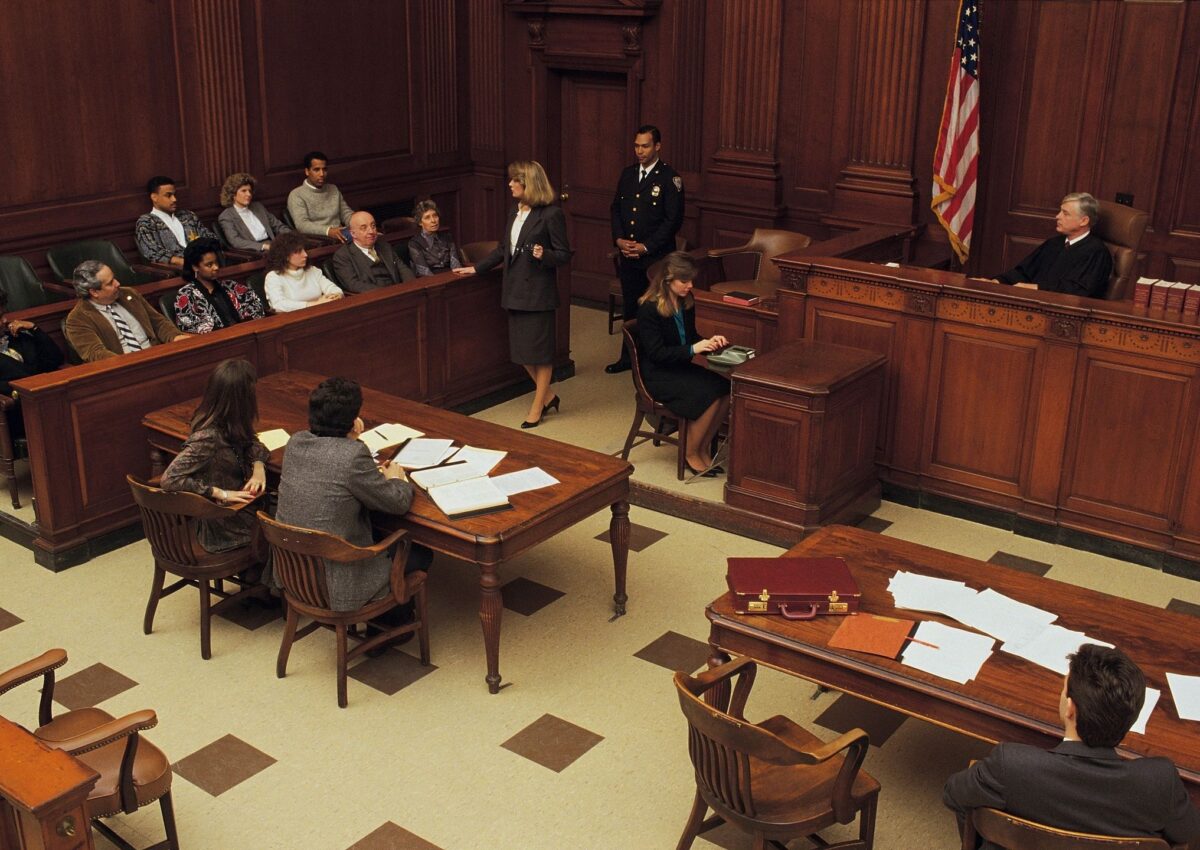
“The rules regarding party capacity are designed to ensure that whatever judgment is rendered will be binding on the parties involved and thus effectively resolve the litigation. . . There is a difference between the capacity to sue, which is the right to come into court, and the standing to sue, which is the right to relief in court.” Unlike lack of capacity, lack of standing negates the existence of a cause of action and is not waived by failure to object; it can even be raised for the first time on appeal. In general, any person or entity has capacity to sue or defend a civil action in California courts. This includes both natural and artificial “persons” [corporations, partnerships, associations, governmental entities, etc.]. Subject to certain exceptions, minors and persons without legal capacity to make decisions lack capacity to sue in their own names or to defend an action brought against them. Instead, litigation must be conducted through a guardian, conservator of the estate or guardian ad litem.”
[California Practice Guide: Civil Procedure Before Trial [citations to primary sources omitted]]
Law Offices of James R. Dickinson – 909-848-8448
How To Schedule A Consultation:
Please call us at 909-848-8448 to schedule a free consultation/case evaluation or complete the form immediately below. [Please note certain formalities must be completed to retain the Law Offices of James R. Dickinson, such as the signing of a legal fee agreement [see “Disclaimers”]].
